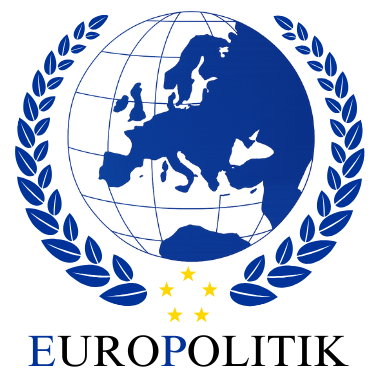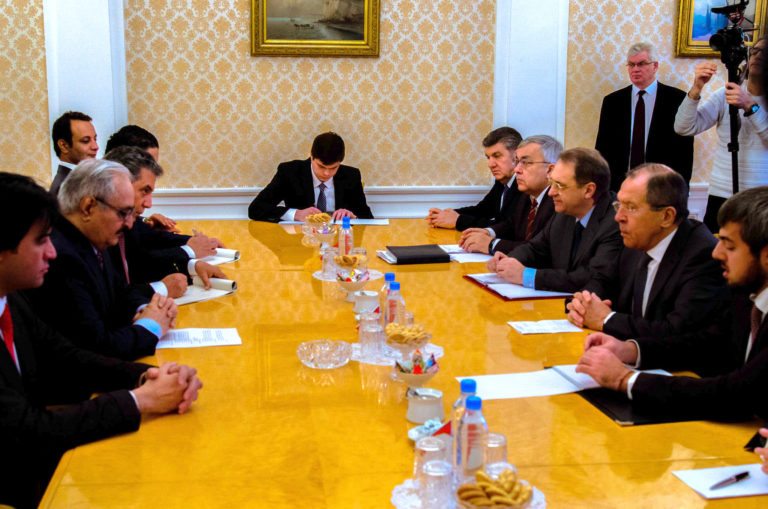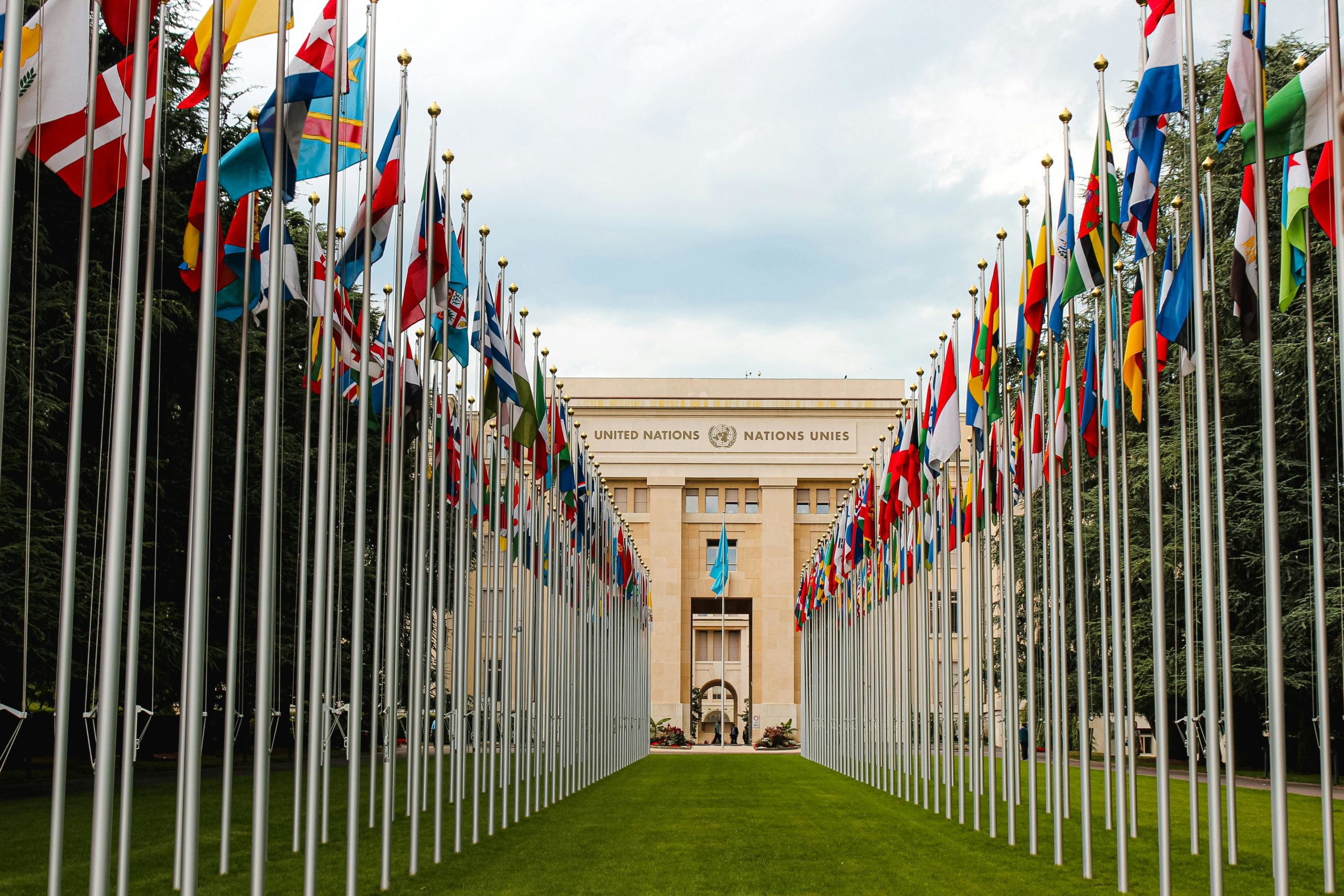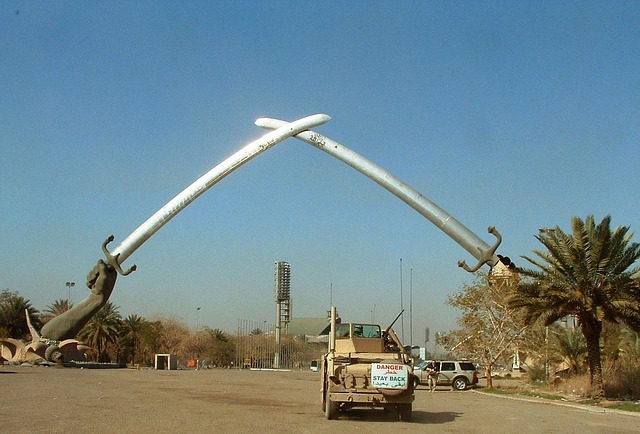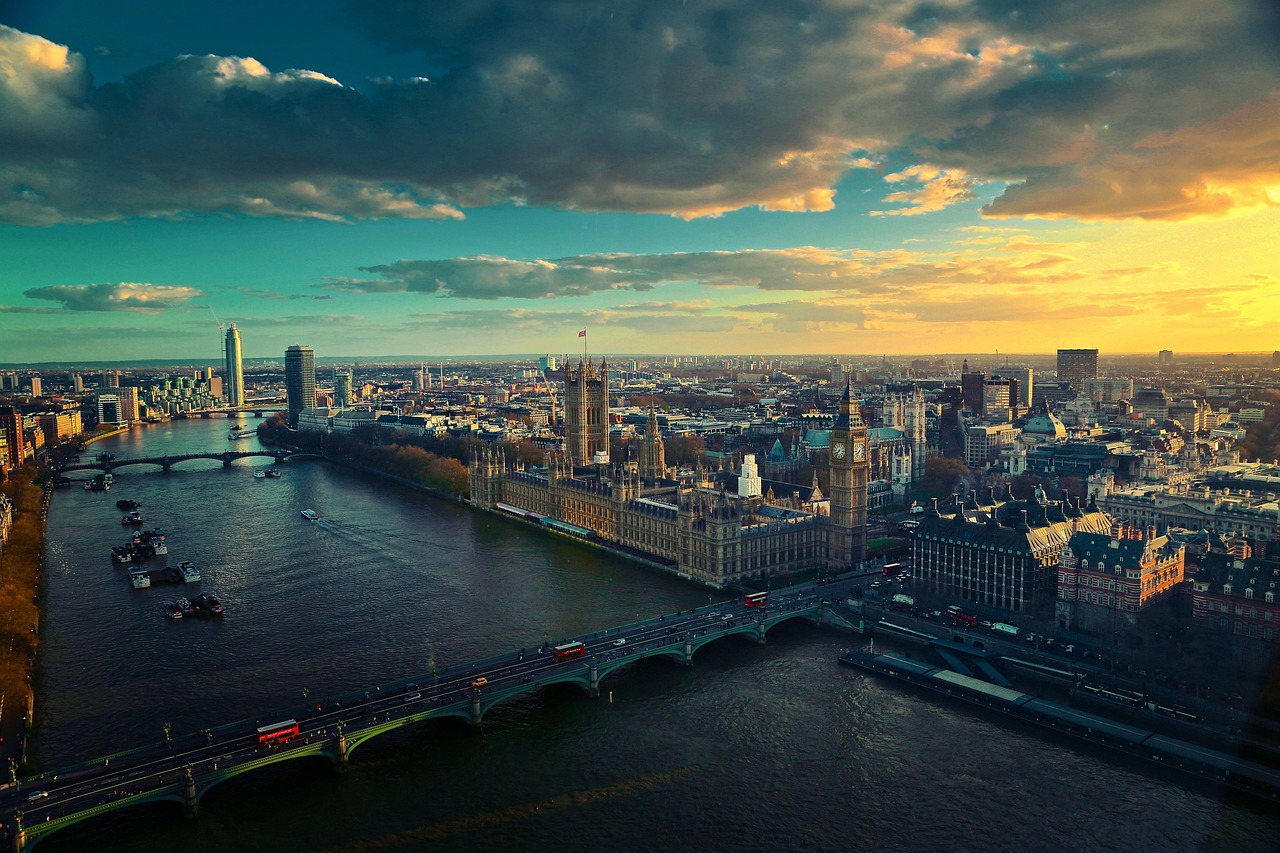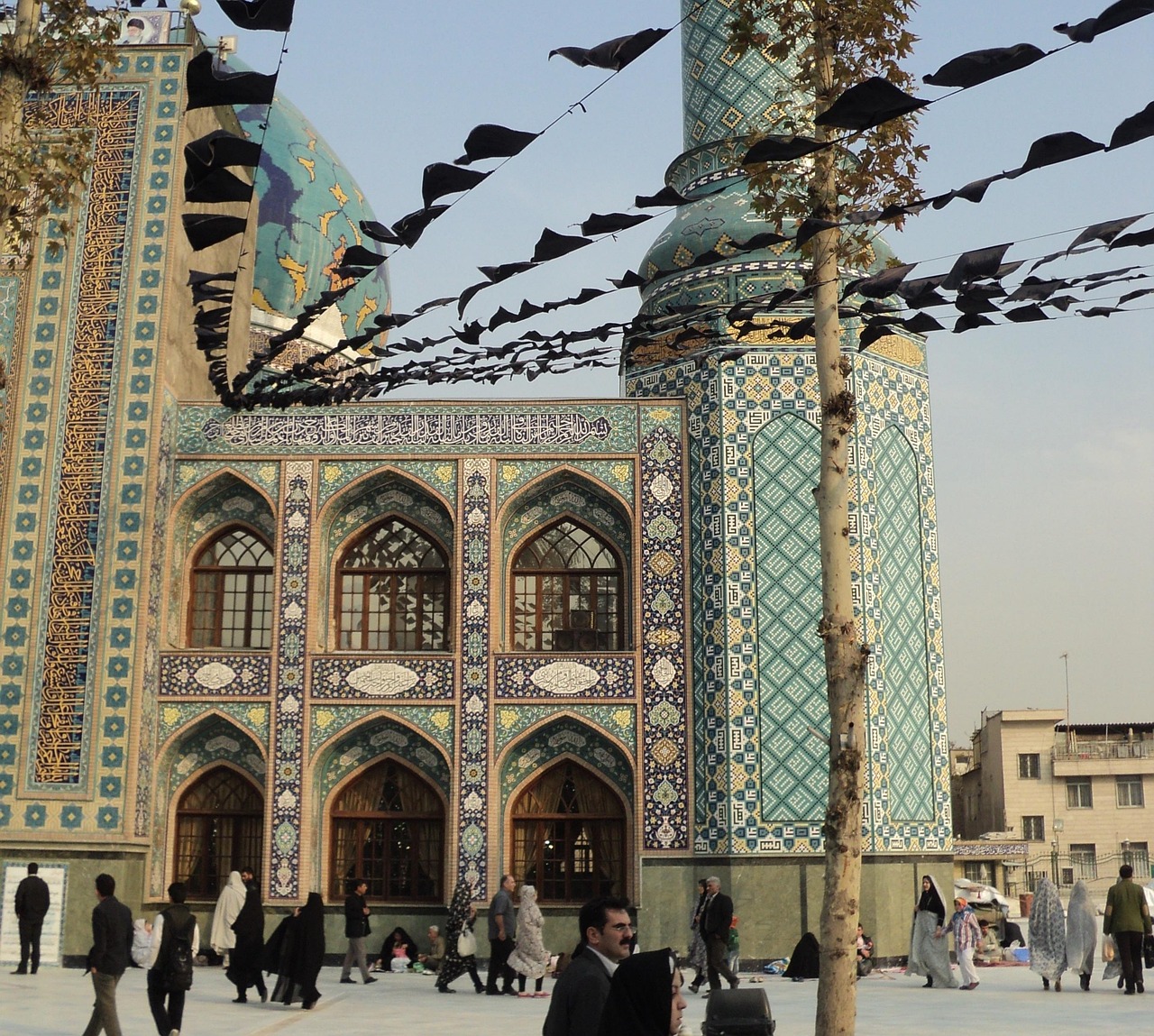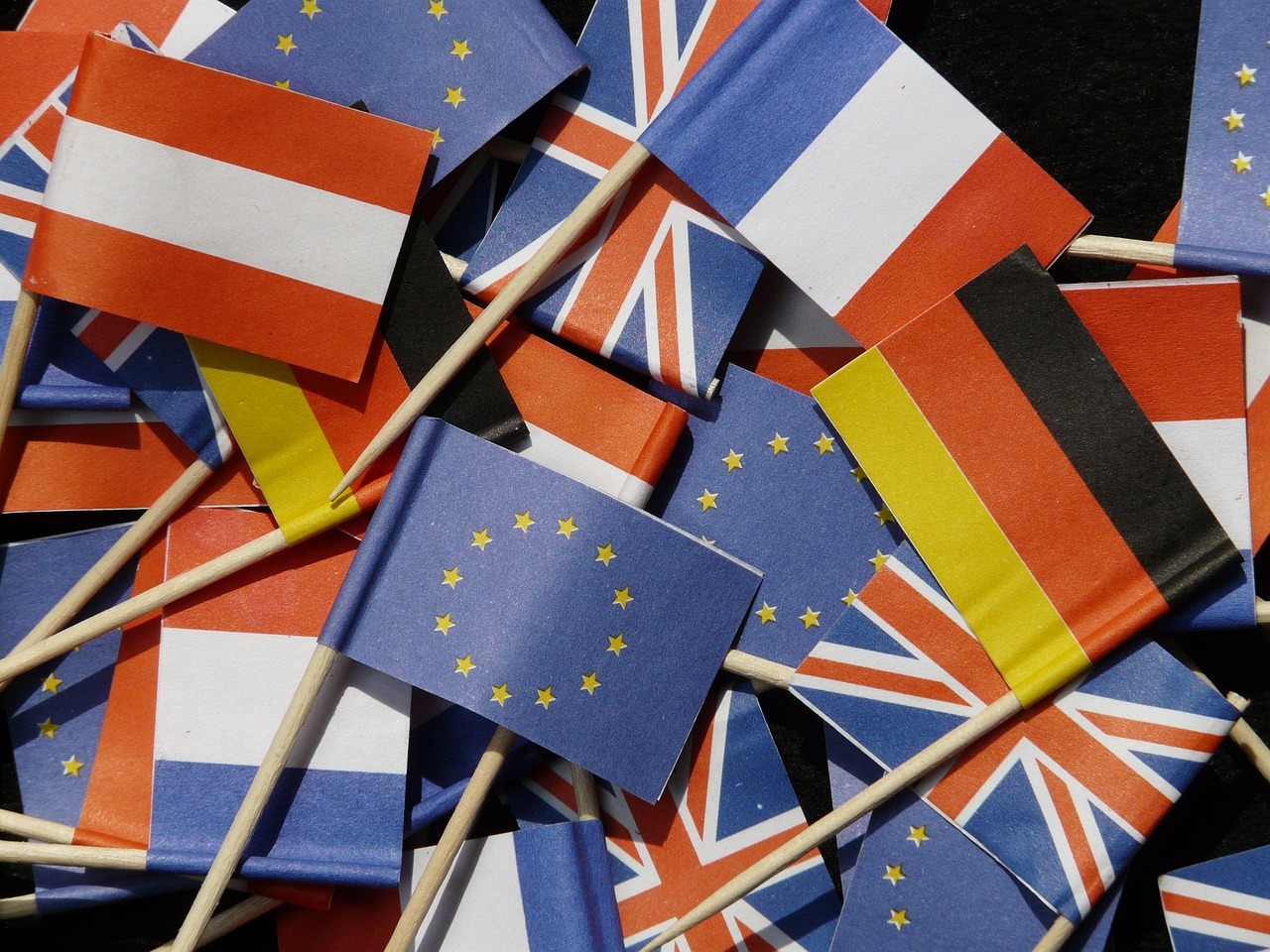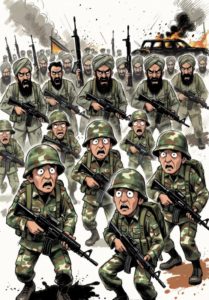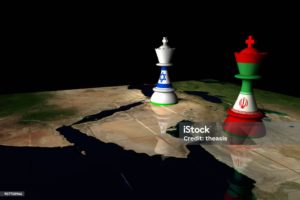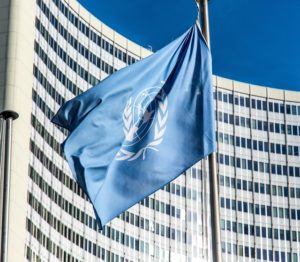Libya specialist Imen Chaanbi, a member of the academic board of the Geneva Geostrategic Observatory, analyzes Russia’s positioning in Libya in this interview. This article was published on Henri Weill’s blog Ainsi va le monde ! https://ainsi-va-le-monde.blogspot.com/.
Does Libya Hold Significant Value for Russia?
Russia aims to strengthen its presence in North Africa, the Sahel, and the Middle East. Access to the Mediterranean allows Moscow to secure its supply routes while reinforcing its status as a global power. In response to the European Union, Russia can conduct NATO surveillance operations and carry out deep-sea military maneuvers.
Following the cancellation of contracts by the new Syrian government, the Kremlin shifted its Mediterranean strategy. By supporting Marshal Khalifa Haftar’s Libyan National Army (LNA), Russia has gained access to strategic port and air installations in Cyrenaica. These locations enable Moscow to sell and deliver weapons while maintaining control over the hydrocarbon trade.

Is Moscow also interested in Sudan?
Indeed, the Kremlin has another objective: access to the Red Sea. In 2017, Sudan and Russia signed an agreement for the creation of a Russian naval base in Port Sudan. Despite the fall of Omar al-Bashir, the Kremlin chose to maintain its presence in Sudan by initially supporting the Rapid Support Forces (RSF) led by Mohamed Hamdan Daglo, known as “Hemeti.” Given the converging interests of various international players in the region, Russia also decided to provide logistical support to General Abdel Fattah al-Burhan. This “dual military support” strategy allowed it to finalize the agreement in February 2025*. The port will be able to accommodate several warships, including nuclear-powered vessels. The base will provide logistical support to the Russian navy, particularly for refueling and ship repairs. Located opposite Bab al-Mandab, this port enables Moscow to monitor this strategic crossroads of global trade routes while safeguarding its strategic interests. Moscow’s goal is to have troops in Sudan, just like the countries that have military bases in Djibouti.
One of Moscow’s goals is to monitor the Suez Canal?
That’s obvious, and that’s the importance of having access to the Mediterranean. Allow me to add that by negotiating a naval base in Sudan, Russia can also monitor maritime traffic in the Arabian Sea. Beyond military activities, there is also a strategic interest in countering the Ben Gurion Canal project. This project, which would connect the Red Sea to the Mediterranean, would compete with the Suez Canal while extending Israeli and American influence in the region.
By positioning itself diplomatically and militarily in Libya, Sudan, Egypt, and the Sahel countries, Russia is implementing a “military-economic encirclement strategy” to control the strategic interests of other nations, including BRICS members present in the region.
Does Russia want to appear as a reliable security partner?
After the Libyan revolution of September 1, 1969, Gaddafi turned to the USSR. At the time, the Libyan government signed several economic and military cooperation agreements. Until Gaddafi’s fall in 2011, the Russians supplied the Libyan army. Its officers trained in Russia in intelligence techniques. Gaddafi sought to establish an equivalent of the Spetsnaz, particularly to combat jihadists in the 1980s and 1990s.
Russia also welcomed many close associates and former officials of the Jamahiriya after Colonel Gaddafi’s death. Unlike other countries, Russia did not participate in military operations. This stance remains an advantage for Moscow among the Libyan population, which sees the Kremlin as a reliable partner.
Regarding the current situation, Russia, along with Egypt, the UAE, and Saudi Arabia, has supported the Libyan National Army (LNA) troops in their offensive, “Operation Volcano of Wrath”**.
A few years ago, Marshal Haftar met with Russian Foreign Minister Sergei Lavrov to request Russia’s help in fighting Islamists. Moscow supplied weapons and military equipment, then deployed Wagner forces to Egypt’s Sidi Barrani airbase near the Libyan border. By providing logistical support, the Kremlin enabled the LNA forces to control Cyrenaica, parts of Fezzan, the Sharara oil field, and the Zawiya refinery. The recent LNA incursion, supported by Afrika Corps, to seize control of Ghadames once again highlights the strong partnership between Russia and Khalifa Haftar’s government.
Was Haftar trained in Russia?
Yes, when he was an officer under Gaddafi. He still considers the Kremlin a “reliable and secure partner.” Notably, however, Marshal Haftar is also negotiating with Washington and does not want to alienate the Pentagon. In fact, he holds a U.S. passport, and his family has economic interests in the United States. While Haftar remains a short-term asset, his illness and pro-American stance weaken him in the eyes of the Kremlin. Ultimately, Russia is pursuing a dual strategy with Libya’s governments to secure its resources and strategic position in the Mediterranean.
Since the fall of Bashar al-Assad’s regime, has the Kremlin shifted its military strategy by transferring its equipment and personnel to Libya?
The Tartus base was essential for securing the supply of raw materials, maintaining a military presence in the Mediterranean, and supporting operations in Africa. The loss of this strategic point is seen by some experts as a major defeat. By focusing its presence in Cyrenaica and Fezzan, Russia is opening a new corridor in the Mediterranean.
At the same time, the revival of Gaddafi’s logistical program by one of Marshal Haftar’s sons, Belkacem Haftar, partially funded by China, aims to connect the countries of the Sahel States Alliance (AES). This project includes the construction of railways, highways, and logistical bases. Notably, the free zone of Kufra is controlled by Haftar’s forces and Russian troops. By exporting raw materials, China will have to use the logistical corridor, relying on Kremlin-controlled infrastructure, including the ports of Tobruk and Benghazi.
Moscow has a foot in both camps: military activities in the East and diplomatic activities in the West?
Russia has adopted a multilateral and polymorphic diplomacy. It works with both the Western and Eastern governments in Libya. The Western government, led by Abdelhamid Dbeibah, is supported by Qatar and Turkey and is internationally recognized. Russia reopened its embassy in Tripoli last year, aiming to establish a “new era of cooperation and mutual understanding.” This reopening also allowed the Russian government to negotiate agreements in oil exploration.
The recent resumption of activities by American and European companies in the hydrocarbon sector is one of the reasons that pushed the Russian government to reopen its diplomatic representation. Beyond economic aspects, it is important to note the presence of former members of Gaddafi’s government within the current administration.
They remain very active with Moscow…
Since 2011, former members of Gaddafi’s government have maintained a “parallel diplomacy” with the Kremlin. Furthermore, Russia wants to solidify its presence in North Africa to counter the influence of Turkey, Italy, China, and the United States. Regarding the self-proclaimed Eastern government, Russia has announced the upcoming opening of a consulate in Benghazi.
Can we revisit the military and logistical support provided to Haftar’s troops?
Yes, Russian military instructors are deployed throughout Cyrenaica and Fezzan. The air bases used by Russian military forces include Al-Khadim (eastern Libya), Al-Jufra (central Libya), Brak Ali-Shati (west of Sebha), and Al-Gadarbiya (Sirte). The Maaten Al-Sarra airbase on the Chad-Sudan border is a strategic point for the Kremlin due to its access to the Sahel.
By repositioning its military resources in various Libyan bases in the East, the Kremlin is pursuing several objectives. The transfer of personnel and the installation of arms stockpiles allow Russia to offer the Sahel States Alliance (AES) support in counterterrorism efforts. Following the termination of military cooperation agreements between France and Chad, Russia seeks to position itself as a reliable partner in defense and security. The Russian government is involved in both military and paramilitary activities. Afrika Corps troops are stationed at the Haruba military base.
Is Moscow negotiating the transfer of its Syrian bases to Libya?
Russia is negotiating with Marshal Haftar to construct a naval base in Tobruk and Susah, similar to Tartus. The port city of Tobruk is strategic due to its location and activities. It is the only deep-water port between Egypt and Tunisia. Used as a military port by the Italians during colonization, its management is seen as an asset by the Russians. They could thus control oil exports and even conduct military maneuvers with their nuclear submarines in the Mediterranean. As for the management of Susah port, it would allow Russia to have a deep-water container port. An American company had proposed…
